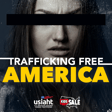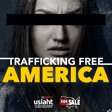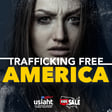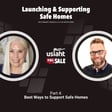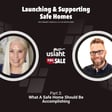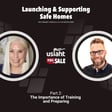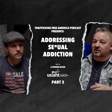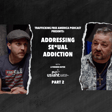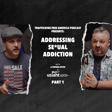
What is a Safe Home | Starting and Supporting a Safe Home - Season 5, Episode 1
The U.S. Institute Against Human Trafficking and Kids Not For Sale presents a special new, 4-part episode titled “Starting and Supporting a Safe Home.” In this season, we sit down with Brandy Cristafulli, the Founder and President of LifeRecaptured, a safe home out of Florida that provides shelter, restoration, and healing for trafficked women throughout the United States.
In this season, Brandy shares with us how she began her safe home, how she runs her safe home, and what she has learned along the way. This is extremely insightful for anyone wanting to end human trafficking in America. We can all be educated on where to assist organizations that help victims of human trafficking, but this dives in even deeper. Whether you are wanting to begin a safe home or simply just support, Brandy provides the proper directions for how to do just that. It goes beyond loving and caring - we must be ready to provide a service that may seem unorthodox to some of us, but helps victims restore their lives.
In this episode, we hear Brandy’s story and how she began her safe home. We also discuss what a safe home actually consists of, as some may have a misunderstanding of what establishes a safe home and the services they provide.
These episodes will be released weekly for 4 consecutive Wednesdays - 1/15/2025, 1/22/2025, 1/29/2025, and 2/5/2025. Be sure to subscribe and be alerted when the next episode releases!
